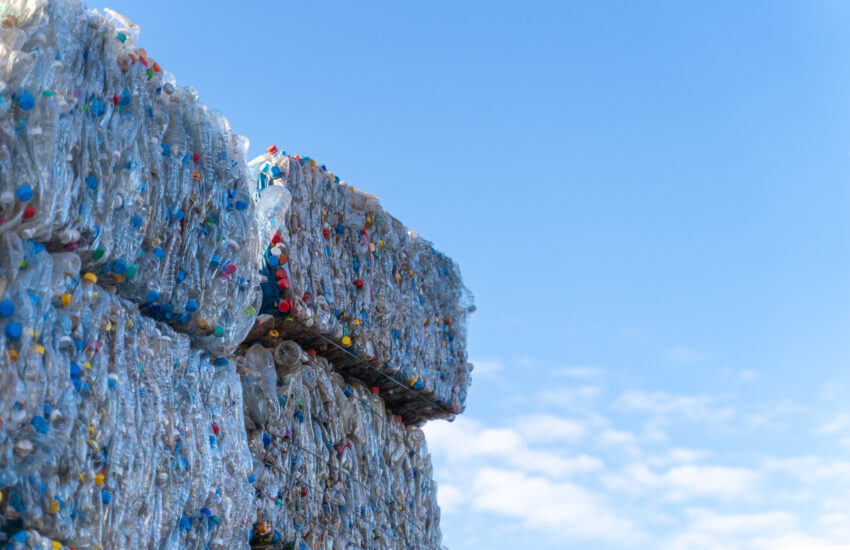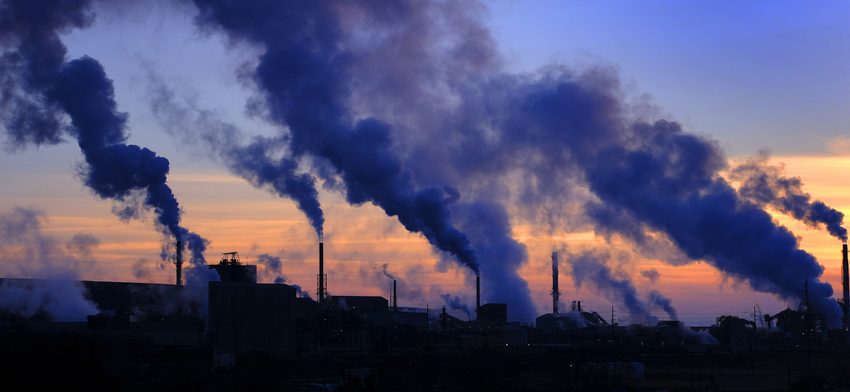Extended Producer Responsibility Legislation, also known as EPR laws, is a policy-based approach that holds producers accountable for the entire lifecycle of their products, particularly for take-back, recycling, and final disposal. Although various other countries have implemented EPR legislation as early as the 1990s, its adoption in the U.S. has been considerably slow, fragmented, and entirely state driven.
In July 2021, Maine pathed the way for packaging EPR legislation in the U.S. when it passed the bill known as LD 1541, which established a …
Continue Reading









